PROTECT YOUR DNA WITH QUANTUM TECHNOLOGY
Orgo-Life the new way to the future Advertising by Adpathway
By Melissa Lugo
Guest Contributor
For Melissa Lugo, participating in this year’s WeedSac event in New Mexico for her second bikepacking trip ever reinforced that traveling by bike is as much about the adventure as it is about connecting with the land and its history. Find her reflection from the 2025 WeedSac paired with a selection of photos by Jeremiah Curtis here…
Photos by Jeremiah (Jerry) Curtis
When I loaded my packs and mounted my bike for WeedSac, my legs weren’t sure what they were in for. But my spirit? It knew. This was only my second bikepacking trip, yet everything about the Sacramento Mountains felt familiar—memories of camping here as a kid, hiking with family, and now returning with a deeper thirst for land history and connection. Somewhere between the switchbacks, fast descents, and endless ponderosa skies, I stopped thinking about performance. What mattered was presence. In these mountains, biking wasn’t just about terrain; it was about returning.
My cycling journey began back in 2015, when I dove into advocacy work by joining the City of El Paso’s Bicycle Advisory Committee. For five years, I sat through meetings shaping the city’s bike plan, pushing for inclusive infrastructure and safer streets. But I quickly realized that policy change on paper didn’t always translate into real change on the ground, especially for low-income neighborhoods, immigrant families, and BIPOC residents facing environmental racism, displacement, and so-called “urban renewal” schemes like stadiums and freeway expansions.
So, I shifted gears. I began organizing directly with the people most impacted: families without cars, youth biking on crumbling sidewalks, neighbors demanding overhead shade at border crossings, and safe routes to school. As bike culture grew in the city, I watched who was invited in and who was left out: queer, trans, and nonbinary folks; women of color; those navigating colonial legacies on lands never meant to be fenced, policed, or paved over.
That’s why WeedSac hit different. This wasn’t just a bikepacking event, it was a convergence. Framebuilders, bag makers, influencers, and riders from across the greater Southwest and Sonora showed up not just with gear, but with intention. Everyone, from seasoned bikepackers to first-timers, brought generosity and joy. There were no egos, no gatekeeping, just community. For once, I didn’t have to explain why access matters, or what it feels like to ride through land that wasn’t made with you in mind. People understood. They lived it too.
The Sacramento Mountains carry deep stories. Long before backcountry roads and singletrack trails were tools of recreation, they were vital corridors of life, routes shaped by Apache knowledge of geography, survival, and ceremony. These mountains offered refuge from colonial invasion, safe passage during resistance, and a home for sacred practices. When the U.S.-Mexico border was imposed, it severed these ancestral trails, dividing tribal nations and criminalizing movement. Today, the trails we ride retrace ancient paths and lines of memory, not just adventure.
Pedaling through this land, I thought often about that layered terrain, displacement and resilience, survival and sacredness. I imagined Apache runners navigating these ridgelines with purpose and care. I thought about land back movements, and the struggle for Indigenous sovereignty. I thought about the militarization of the border, just south of us, where irrigation canals and levees are locked behind fences, trails are patrolled, and public access is blocked in the name of “security.”
As an environmental advocate, I’ve worked for years to reopen these forgotten corridors, linking acequias, trails, and riverbeds into cycling routes that connect people to water, land, and each other. But change doesn’t move as quickly as wheels do. Many of these paths remain closed, fenced, or erased. Still, we ride.
Bikepacking, to me, is a practice of reclamation. It reminds me of the deep power in moving through land under my own strength. There’s no gas pedal, no motor—just me, my bike, and whatever I can carry. It’s an intimate way to learn the land’s stories and remember that recreation must always be paired with responsibility.
That’s especially true in places like the Lincoln Forest and the Sacramento Mountains. This range stretches across vast ecological zones, from the Chihuahuan Desert lowlands to alpine forests, creating one of the most diverse, awe-inspiring ride destinations in the region. But it’s not just the landscape that shifts; it’s the history under your tires. Every mile felt like a conversation, with the land, with the past, with the people who walked here long before us.
Frankly, the climbs nearly broke me. The air was thin, the gear was heavy, and the terrain was relentless. But every time I wanted to quit, someone called my name, rolled up beside me with snacks, or lent me a hand. At camp, I realized I was missing tent stakes, and someone shared theirs. I needed a bike pump, and another rider passed theirs over without hesitation. That’s what bikepacking community looks like when it’s built on inclusion. It’s not about carbon frames or fastest finish times. It’s about collective joy, mutual support, and the belief that everyone deserves to feel safe and welcome in wild spaces. It’s about biking as both pleasure and protest.
When I think back to those early years of advocacy in El Paso, arguing that bike lanes were more than paint on pavement, I realize now that what I was really fighting for was connection. And that hasn’t changed. Whether it’s getting kids safely to school in the barrio or helping queer riders find their place on the trail, the core remains: we all deserve to move with freedom and dignity.
WeedSac reminded me that joy is part of resistance. That laughter and leg cramps can co-exist. That the revolution can ride on two wheels. And that bikepacking, in its most radical form, is about coming back into relationship, with ourselves, with community, and with the land.
As I coasted down the final descent into Cloudcroft, legs burning, cheeks sore from smiling, I felt a deep peace settle in. Not because the ride was over, but because the work continues. Every ride is a reminder that we are still here, still riding, still organizing, still imagining freer futures. And every trail we ride is a chance to tread more lightly, speak more truthfully, and ride more reverently.
I recommend everyone join Weedsac, not just for the adventure, but for the vision. For the way it reweaves land, story, and solidarity into every mile. I’m already counting down to next year, and it’s inspired me to dream of even more borderlands bikepacking routes, community rides, and decolonial trails yet to be built.
WeedSac 2026 is scheduled for May 16th. To learn more and stay in the loop, give Monumental Loop a follow on Instagram.
Please keep the conversation civil, constructive, and inclusive, or your comment will be removed.


 3 weeks ago
11
3 weeks ago
11




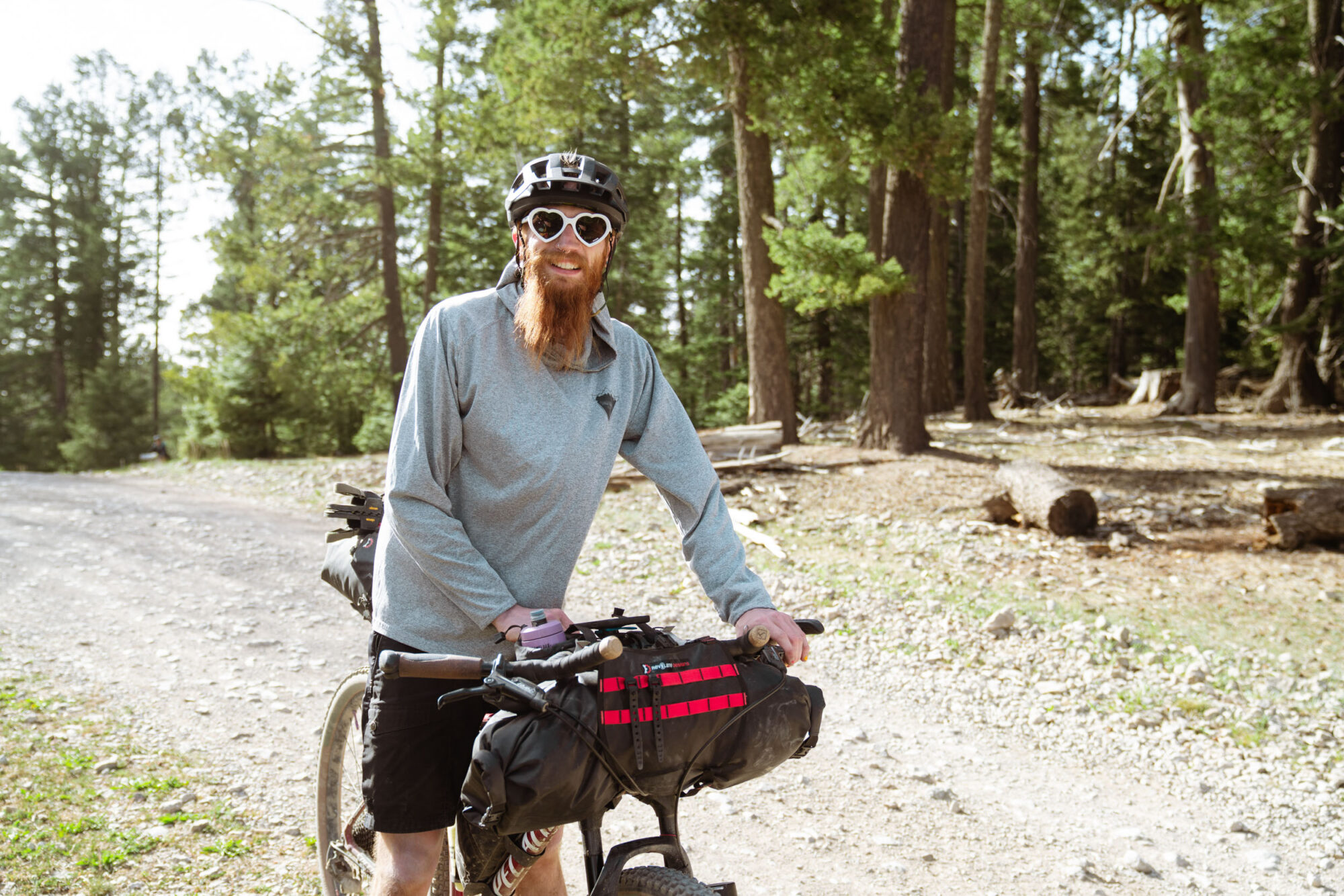

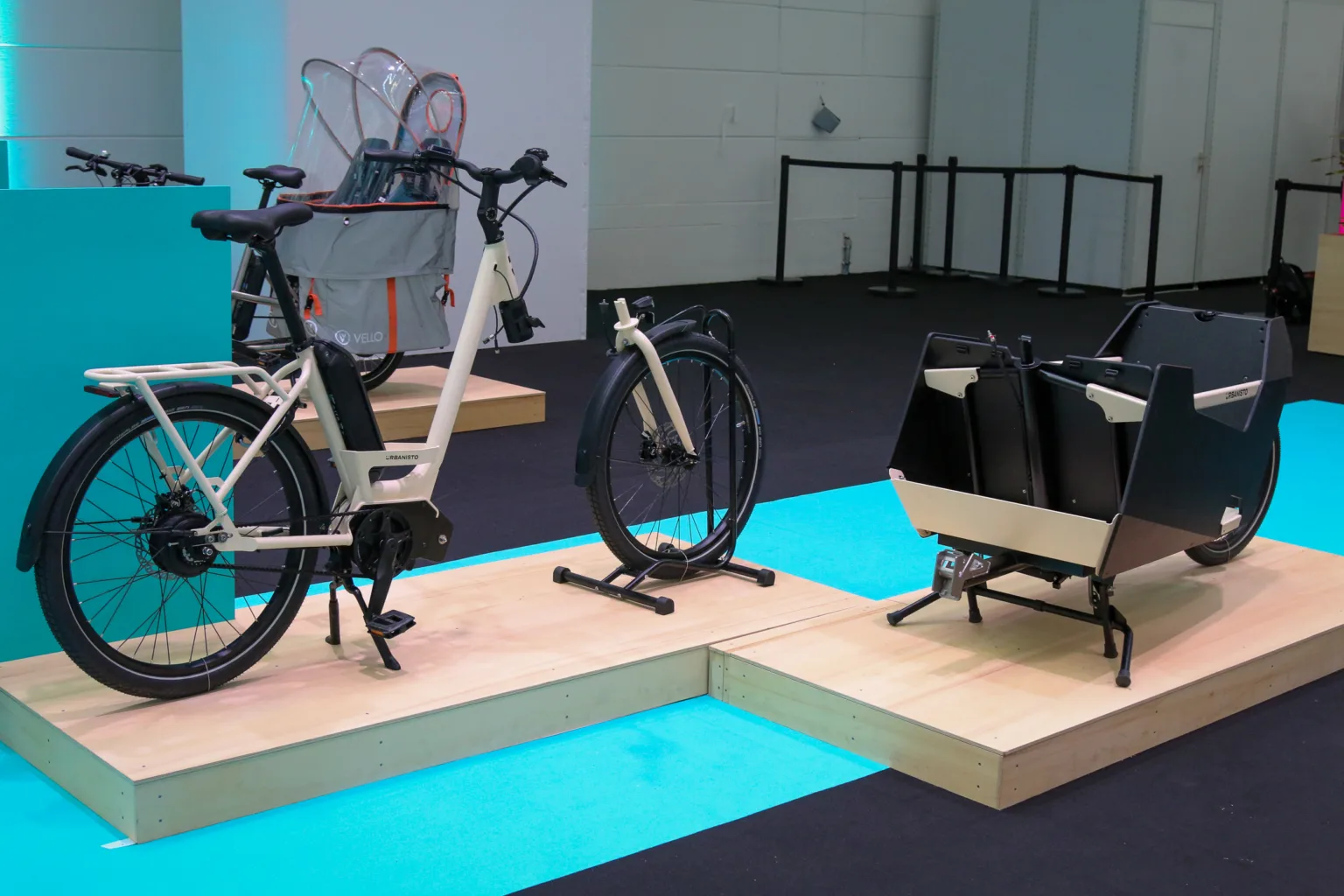

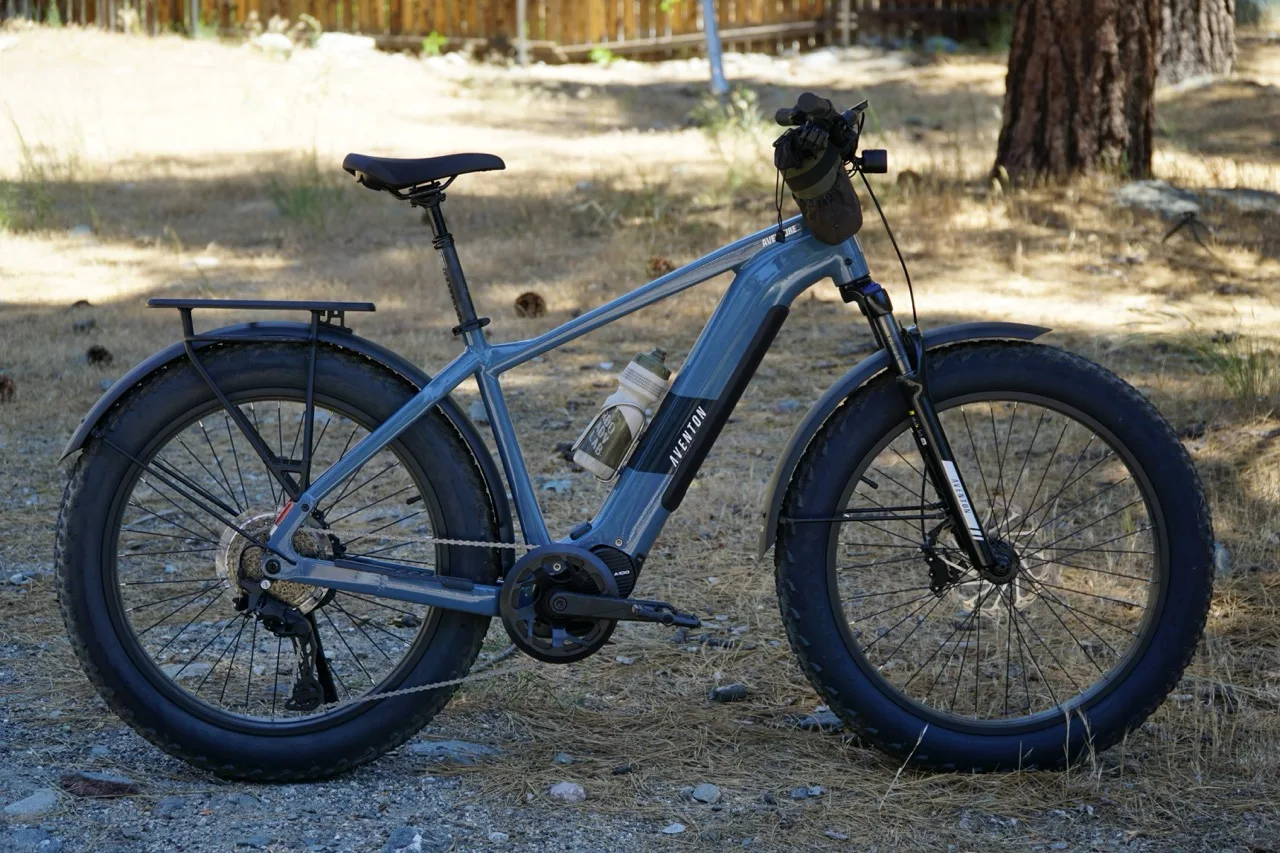
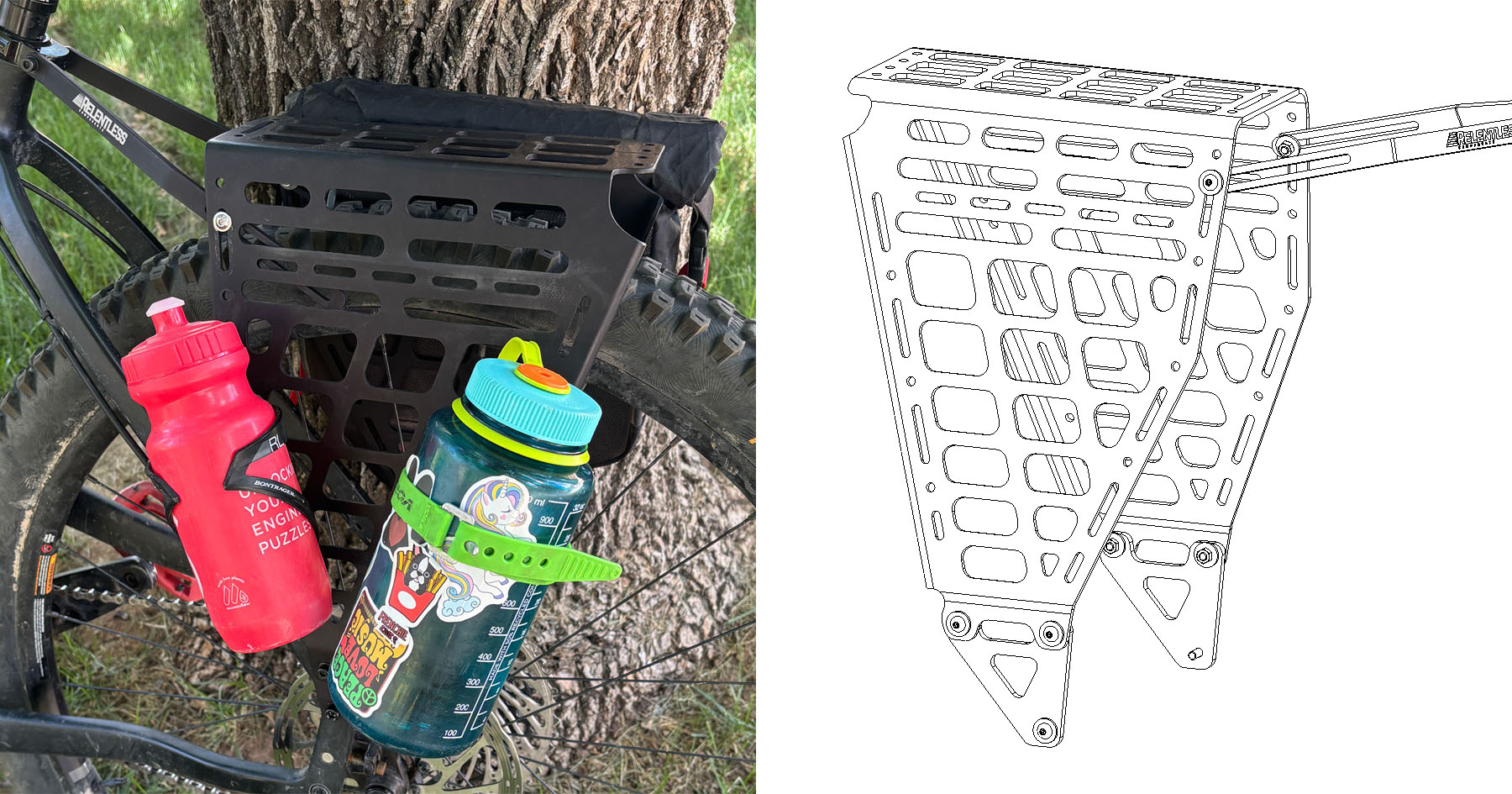
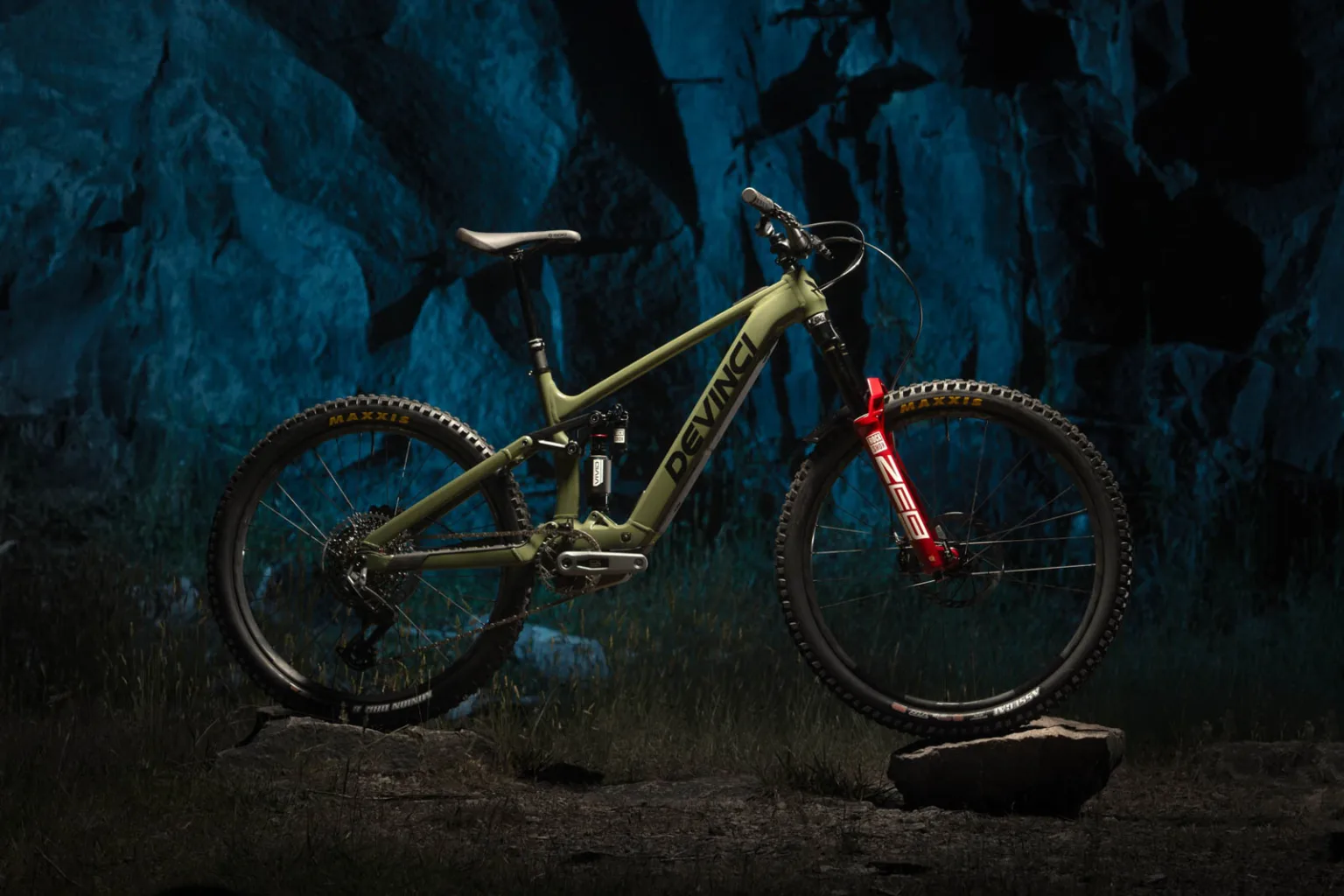

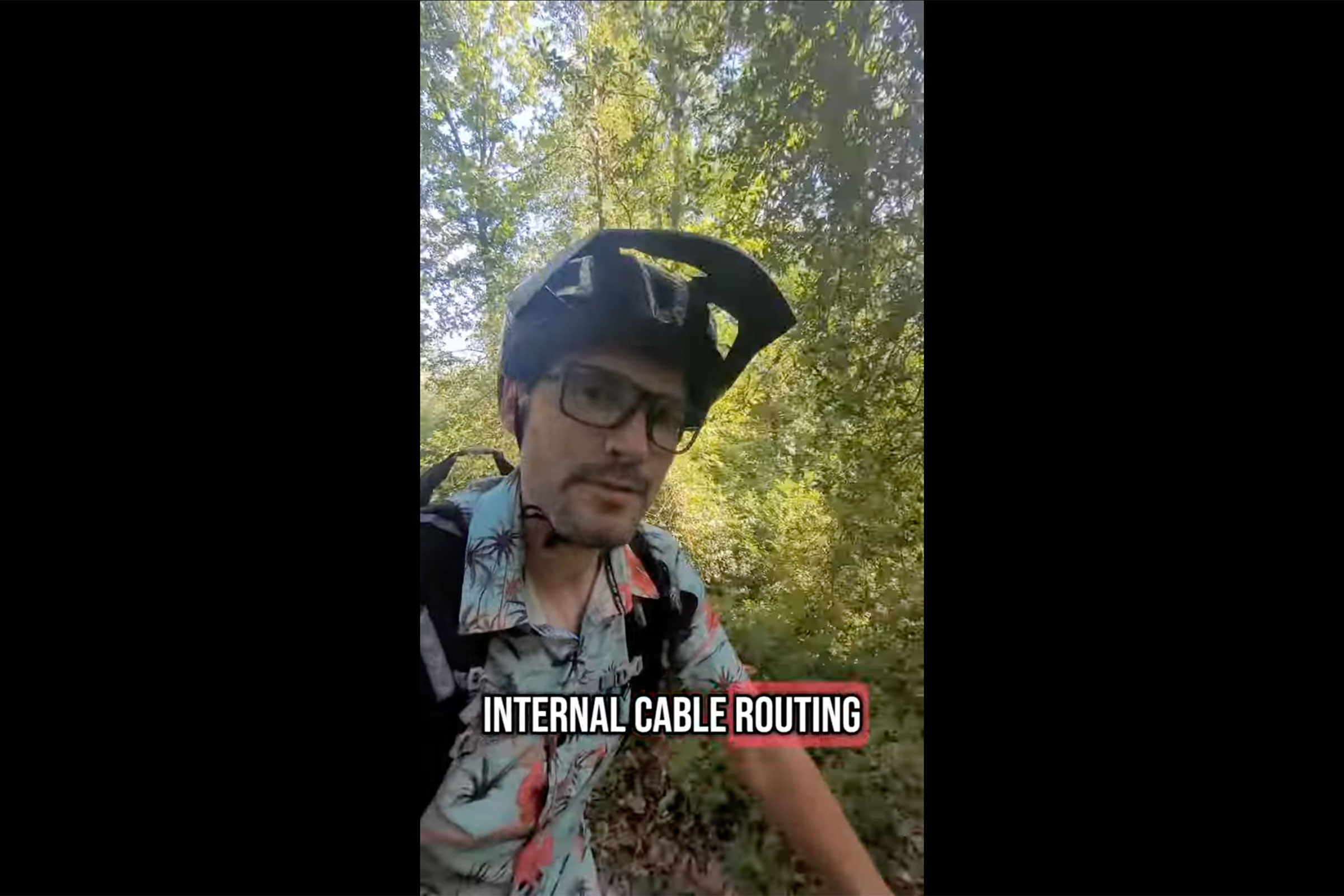


 English (US) ·
English (US) ·  French (CA) ·
French (CA) ·  French (FR) ·
French (FR) ·